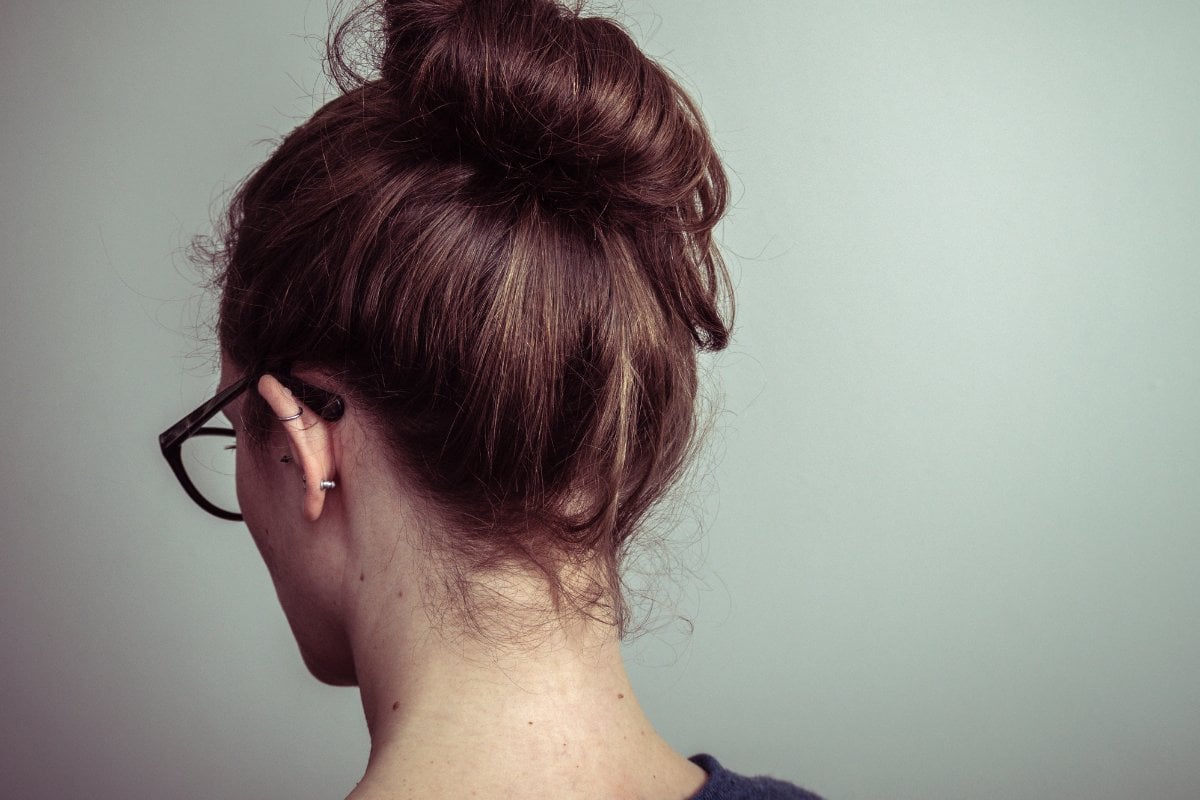
I am supposed to be writing the final paper of my master’s degree. Just 6000 words and I will be free of this weight I’ve been dragging around for ten years.
I have taken time off work and ejected my fiercely protesting daughter into a school holiday camp in the misty Adelaide hills where she is supposed to "learn bushcraft" (i.e. give me a break).
I open my laptop but my plans are obliterated by this one thought:
Can you have postnatal depression when your child is eight?
I was 40 when my daughter was born. She was a surprise we were told was unlikely to ever happen. The pregnancy was complicated and threw me into a depression caused only in part by the sickness, the repeated prodding and poking.
Watch: Mamamia and PANDA bring you everything you need to know about PND. Story continues after video.
I was elated after giving birth, with a rare sense that I’d completed something. It was everything that came after which undid me.
My husband had no choice but to leave me alone in the hospital the first night, decimated by a 36-hour labour and with no idea what to do with a newborn.
I was scolded by a nurse for not feeding her right. The second night I was saved by an angel-nurse who helped me feed her and told me stories of her own daughter, who I still recall was called Ava.

Top Comments